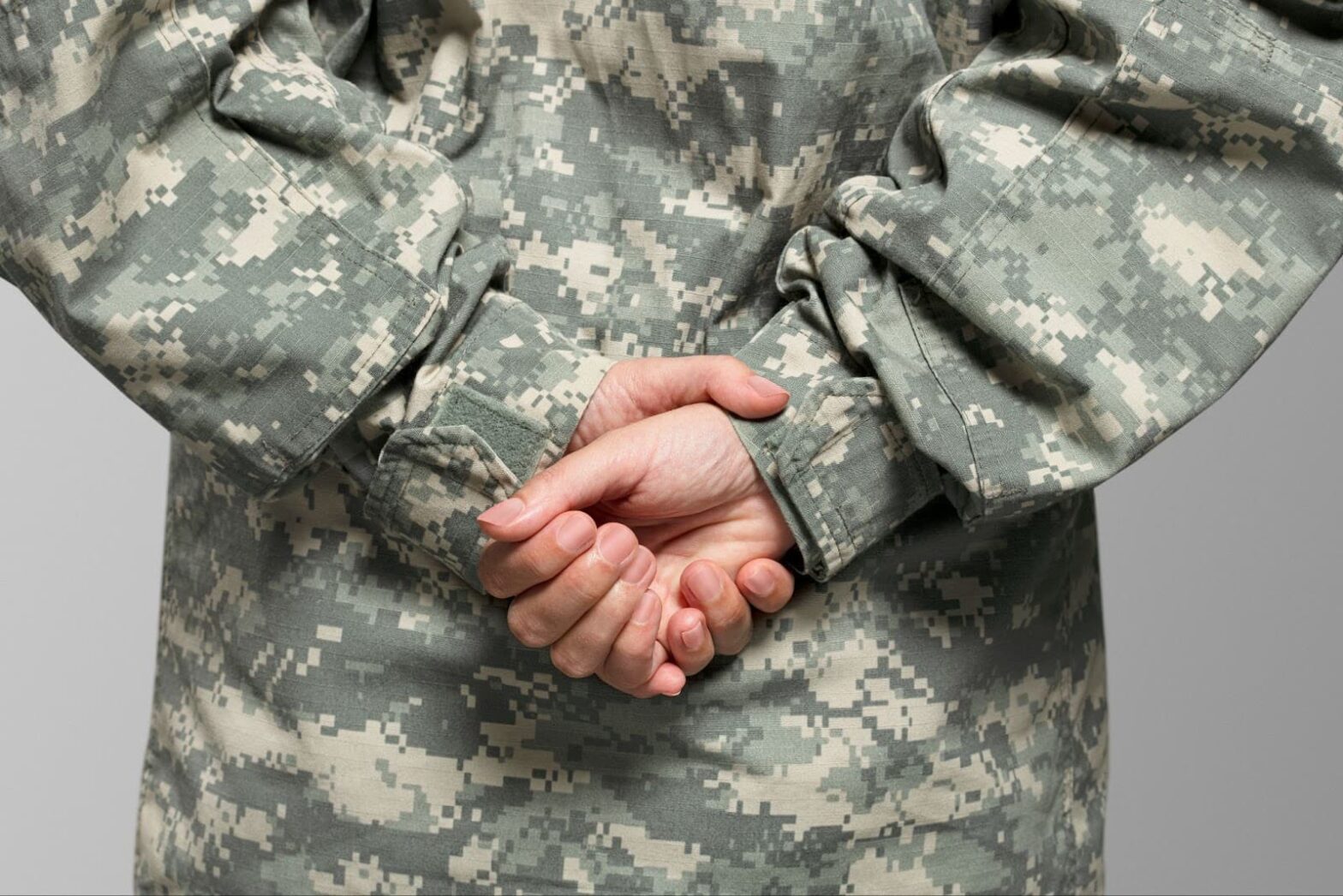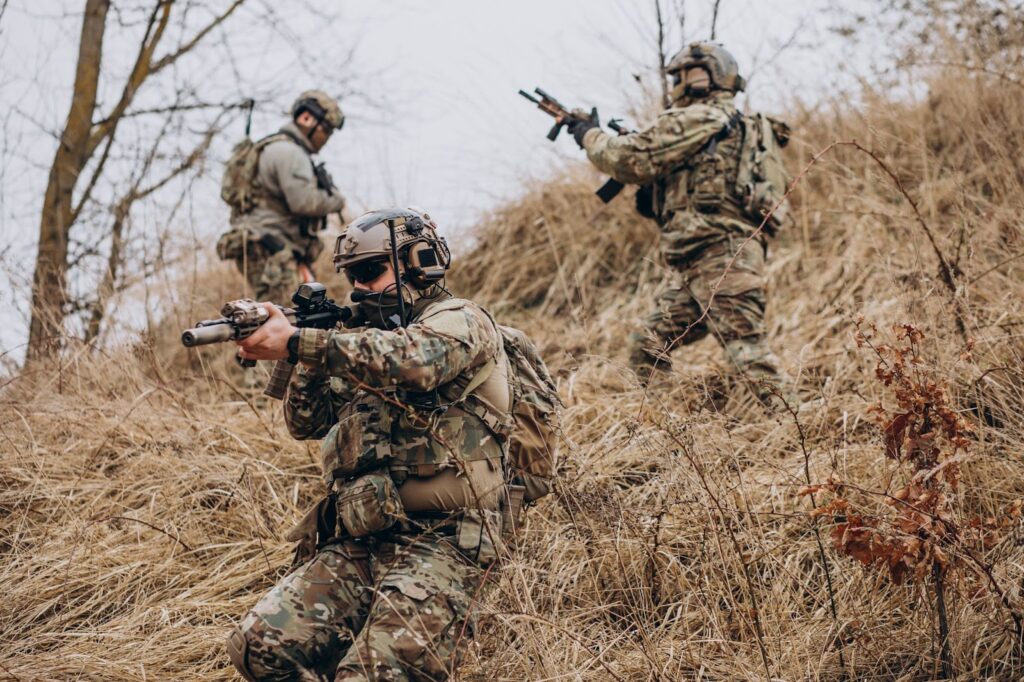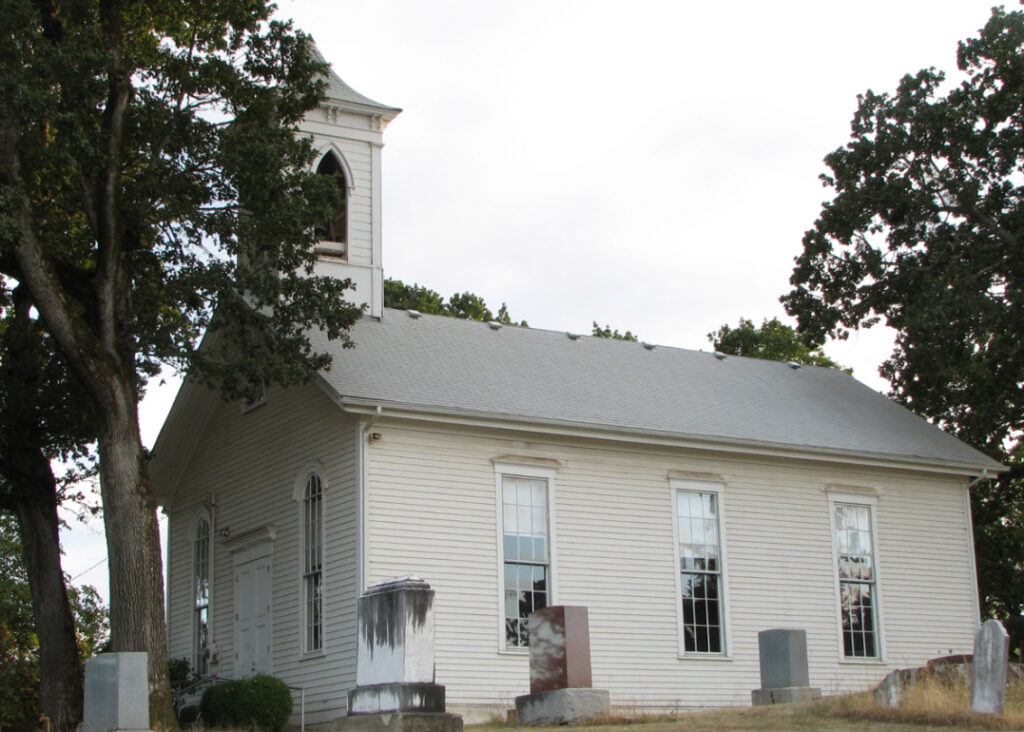In the bitter winter of 1944-45, Raymond W. Burrell found himself amidst the unforgiving landscape of war, a soldier hailing from the small town of Deltaville. Little did he know that his journey would intertwine with the storied history of the 761st Tank Battalion, a unit destined for greatness on the blood-soaked fields of Europe. As the conflict raged on, Burrell’s experiences would come to symbolize the courage and resilience of those who faced the horrors of battle with unwavering determination.
Trailblazers of Segregation: What about Raymond Buddie?
Segregation cast a long shadow over the U.S. Armed Forces during World War II, dividing soldiers along racial lines and depriving African-American servicemen of equal opportunities. However, amidst this era of institutionalized discrimination, the 761st Tank Battalion emerged as a beacon of hope and defiance. Comprised entirely of African-American soldiers, the battalion, affectionately known as the “Black Panthers,” shattered racial barriers and paved the way for future generations of African-American servicemen.
Among the ranks of the 761st stood Jackie Robinson, a name destined for greatness both on and off the battlefield. Long before he would become the first African-American to play Major League Baseball, Robinson stood shoulder to shoulder with his fellow soldiers, united in their mission to defend freedom and democracy against the forces of tyranny. Burrell, a witness to history in the making, fondly recalls his interactions with Robinson, whose unwavering spirit and determination inspired all who had the privilege of serving alongside him.
Patton’s Call to Arms: Rallying Cry in the Face of Adversity
General George S. Patton’s address to the 761st Tank Battalion was more than a mere military briefing; it was a defining moment that galvanized the troops, bridging the racial divide with a unifying message of valor and unity. Patton, known for his formidable presence and leadership, leveraged his influence to instill a sense of purpose and camaraderie among the soldiers, a crucial factor in their subsequent successes on the battlefield.
The impact of Patton’s speech was profound, embedding in the soldiers a resilient mindset that would carry them through the trials of combat. Burrell’s recollection of the event highlights the emotional and psychological preparation the soldiers underwent, acknowledging the gravity of their mission while fostering a collective strength.
As they prepared to engage in some of the most intense battles of World War II, the men of the 761st Tank Battalion carried with them not just the strategic directives of their mission, but also a deeper sense of commitment to the ideals of freedom and equality. Patton’s call to arms transcended the immediate context of war, touching on the broader struggle for dignity and respect faced by African American soldiers in a segregated military.
| Key Aspects of Patton’s Address | Impact on the 761st Tank Battalion |
|---|---|
| Unity and Shared Humanity | Fostered a strong sense of camaraderie and mutual respect among the soldiers, regardless of racial background. |
| Acknowledgment of Worth | Reinforced the value and capabilities of each soldier, challenging societal and institutional prejudices. |
| Preparation for Challenges | Equipped the battalion with the mental and emotional fortitude necessary to face the adversities of war. |
| Inspiration and Hope | Provided a source of motivation and belief in the possibility of overcoming seemingly insurmountable obstacles. |
Patton’s speech, as remembered by Burrell and his fellow soldiers, thus served not only as a strategic briefing but as a pivotal moment of inspiration and unity. It exemplified the transformative power of leadership and the enduring impact of words spoken in the face of uncertainty and fear. As the 761st Tank Battalion moved forward, they did so with a renewed sense of purpose, embodying the principles of courage and perseverance that Patton aimed to instill in them.
The Perilous Trek: Trials and Triumphs on the Road to Victory
Touching down on the shores of France months after the fateful invasion of Normandy, Burrell and his fellow soldiers were greeted by the grim reality of war. The once pristine beaches of Omaha now bore witness to the horrors of battle, with the stench of death hanging heavy in the air. Undeterred by the specter of danger that loomed around them, the soldiers of the 761st pressed forward, their resolve unshaken by the chaos that surrounded them.
Their journey would lead them to “Hill 253,” a name that would be etched into the annals of history alongside countless other battlegrounds that bore witness to the brutality of war. It was here that Burrell and his comrades would face their greatest test yet, as they found themselves locked in a deadly dance with the enemy. Amidst the chaos and confusion of battle, Burrell narrowly escaped death, his quick thinking and resourcefulness saving him from a fate shared by so many of his comrades.
Battleground Triumphs: Courage in the Face of Adversity
As the war raged on, the soldiers of the 761st displayed unparalleled courage and determination in the face of overwhelming odds. Despite the relentless onslaught of the enemy, they refused to yield, their spirits unbroken by the carnage that surrounded them. Burrell, now a seasoned veteran of countless battles, found himself at the forefront of the action, his bravery and leadership inspiring those around him to persevere in the face of adversity.
One particular engagement stands out in Burrell’s memory—a fierce confrontation with the enemy that tested the limits of their endurance and resolve. Surrounded on all sides by German forces, Burrell and his fellow soldiers fought tooth and nail to hold their ground, their determination unwavering in the face of overwhelming odds. It was a testament to the indomitable spirit of the men of the 761st, whose unwavering courage in the face of adversity would become the stuff of legend.
Echoes of Conflict: Reflections on War and Its Aftermath
As the war drew to a close, Burrell found himself grappling with the haunting memories of battle that lingered long after the guns fell silent. The horrors of war had taken their toll, leaving scars both physical and emotional that would never fully heal. Yet, amidst the pain and suffering, there were moments of humanity and compassion that served as a reminder of the bonds that united soldiers in the crucible of war.
Decades later, Burrell still carries with him the memories of those who never returned home, their faces etched forever in his mind as a solemn reminder of the true cost of war. His empathy for both friend and foe serves as a testament to the enduring legacy of the 761st Tank Battalion, whose sacrifices would never be forgotten. As the years march on and the memories fade, Burrell remains steadfast in his commitment to honoring the brave men who fought and died alongside him, their sacrifice serving as a beacon of hope in a world ravaged by conflict.
Recognition and Remembrance: Honoring the Heroes of the 761st
The 761st Tank Battalion, also known as the “Black Panthers,” was an all-Black armored unit that played a pivotal role in World War II, breaking barriers and challenging the status quo of a segregated military. Their journey from training to the front lines of Europe exemplifies not just military prowess but a profound struggle for equality and respect.
- Formation and Training: The battalion was formed in 1942, at a time when the U.S. Army was still segregated. Despite facing discrimination and skepticism about their capabilities, the members of the 761st trained rigorously in Camp Claiborne, Louisiana. Their determination and hard work laid the foundation for their future successes on the battlefield;
- Deployment and Combat: In 1944, the 761st Tank Battalion was deployed to Europe, where they would participate in major campaigns across France, Belgium, and Germany. Under the command of General Patton, they quickly distinguished themselves with their bravery and tactical skill, engaging the enemy in some of the fiercest battles of the war;
- Breaking Barriers: The Black Panthers not only fought against the Axis powers but also against the pervasive racism within the military and society. Their success on the battlefield challenged the stereotypes and prejudices that had marginalized Black soldiers, contributing to the eventual desegregation of the U.S. Armed Forces;
- Recognition and Legacy: Although their valor was recognized by their commanders during the war, it took decades for the 761st Tank Battalion to receive the formal recognition they deserved. The Presidential Unit Citation awarded by President Jimmy Carter was a significant step in acknowledging their contributions and valor. Their story has since inspired countless individuals and highlighted the importance of diversity and inclusion in the military;
- Enduring Influence: Today, the legacy of the 761st Tank Battalion continues to resonate. It serves as a powerful example of courage in the face of adversity and the fight for justice and equality. By remembering their story, we honor not only their sacrifice but also the broader struggle for civil rights and social progress.
In sum, the narrative of the 761st Tank Battalion transcends the confines of military history, embodying themes of resilience, hope, and the ongoing quest for equality. Their story is a beacon of inspiration, reminding us of the profound impact that courage, determination, and unity can have in shaping our world.



